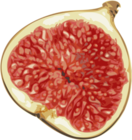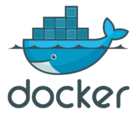As you may know, I’m using Vagrant for more than a year now with VirtualBox. Docker is a faster alternative that needs to be taken into consideration. Having the possibility to manage both of them with the same tool can be very interesting. For information, I mainly use it with VirtualBox because it’s any platform compatible and Docker because it’s perfect for a CI like Jenkins.
I recently talked about my implication into the Smash project.


